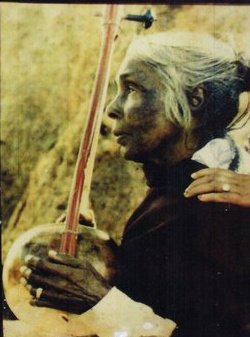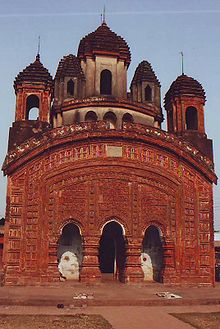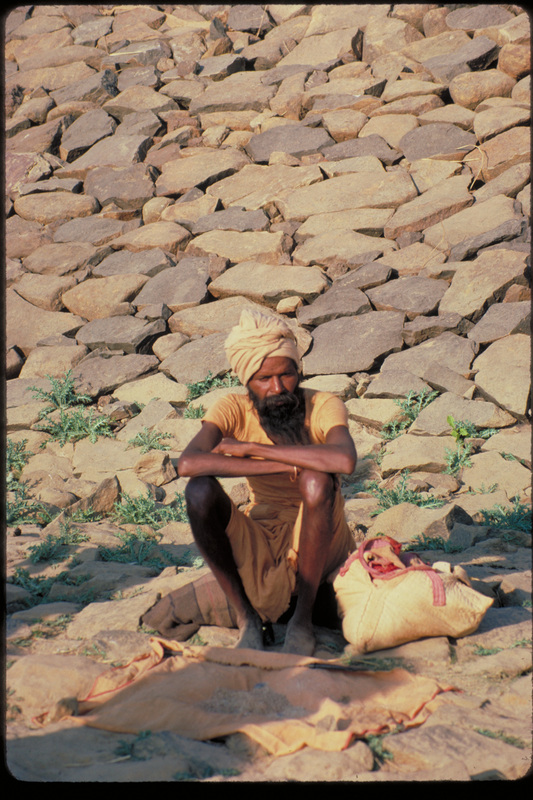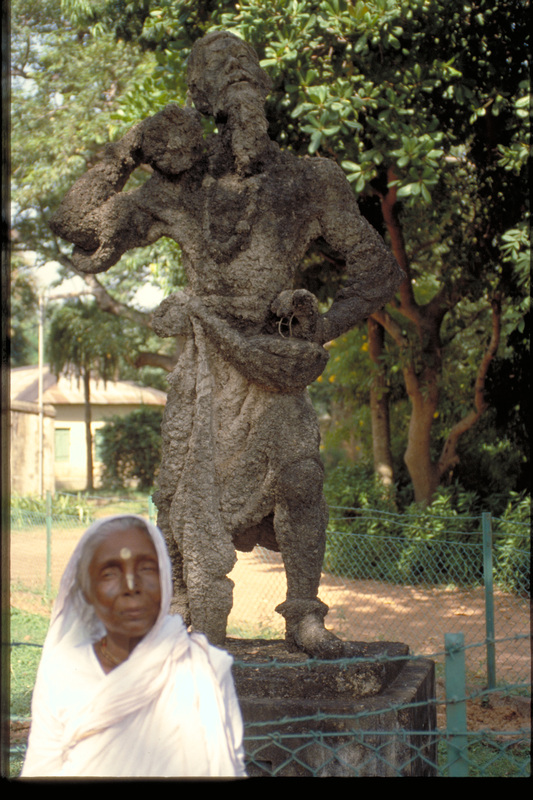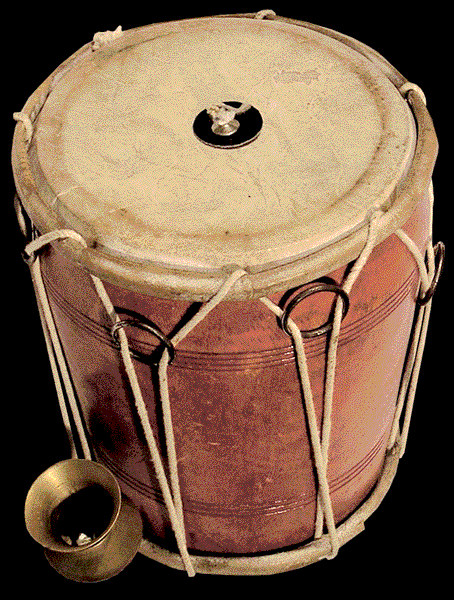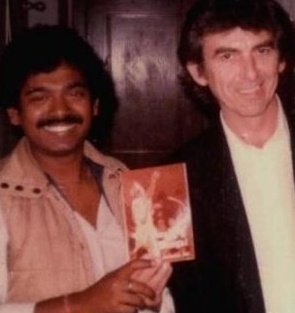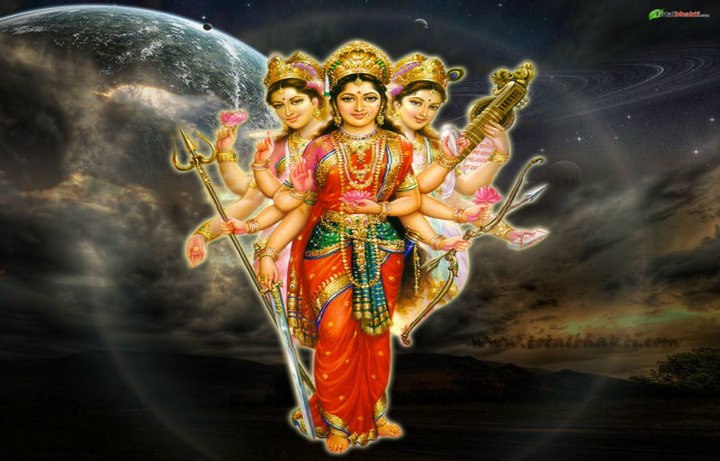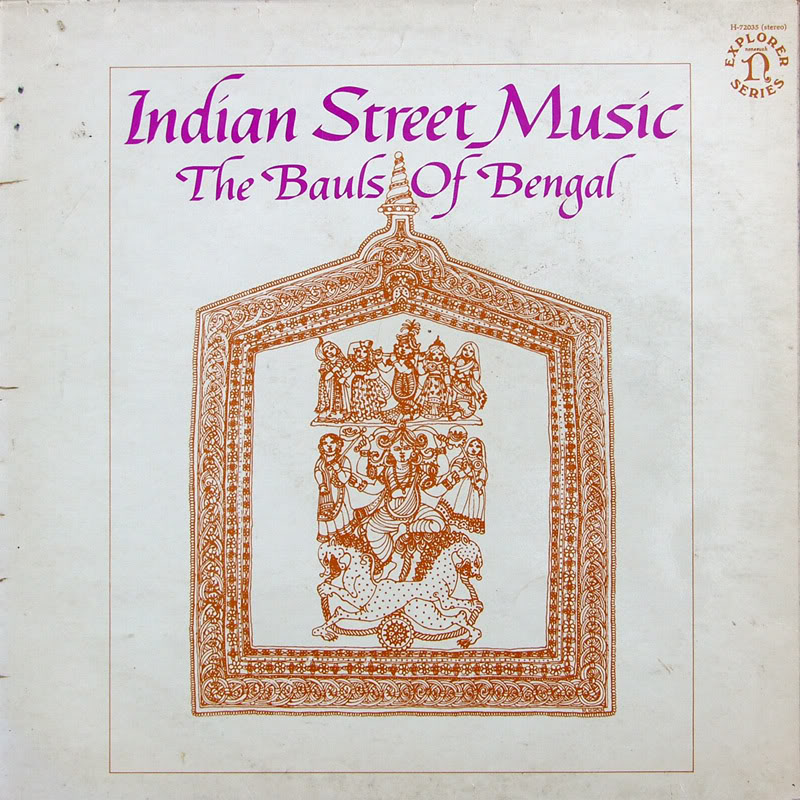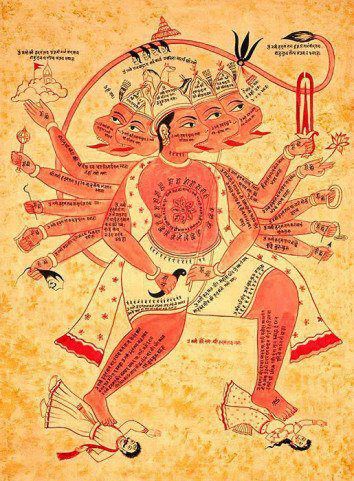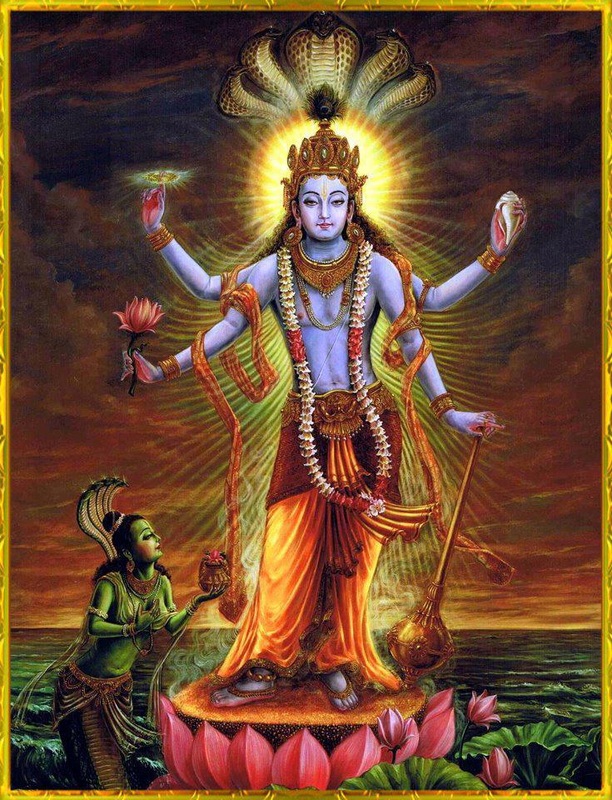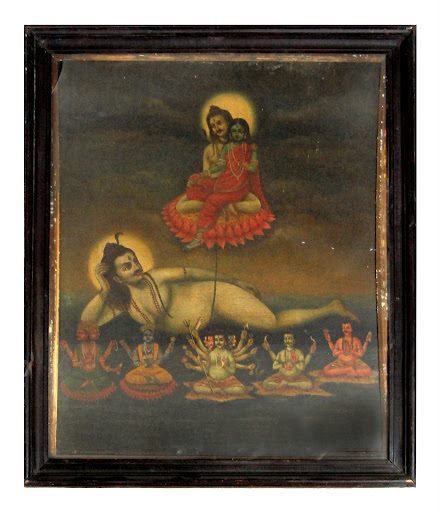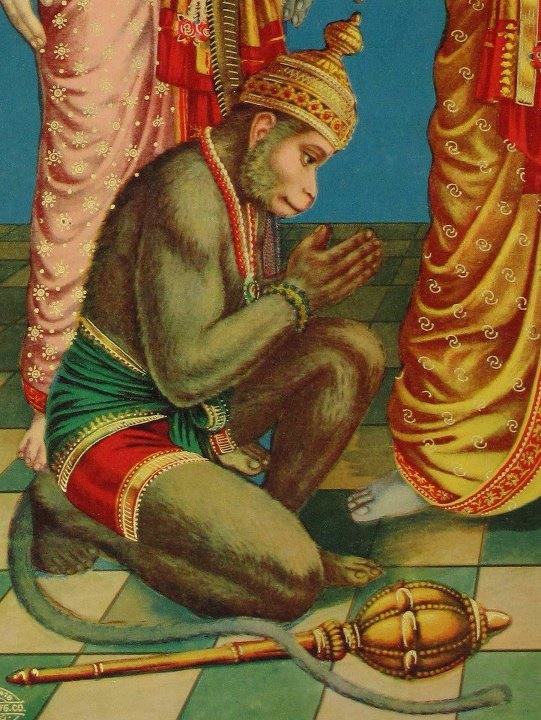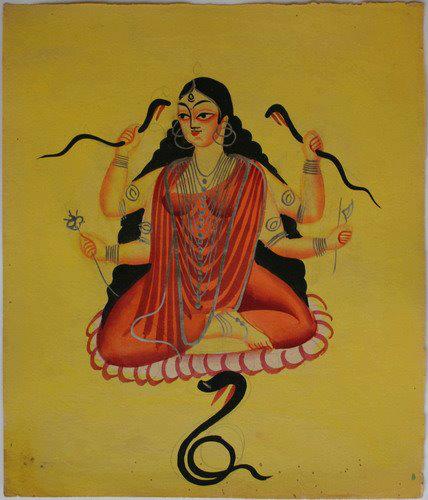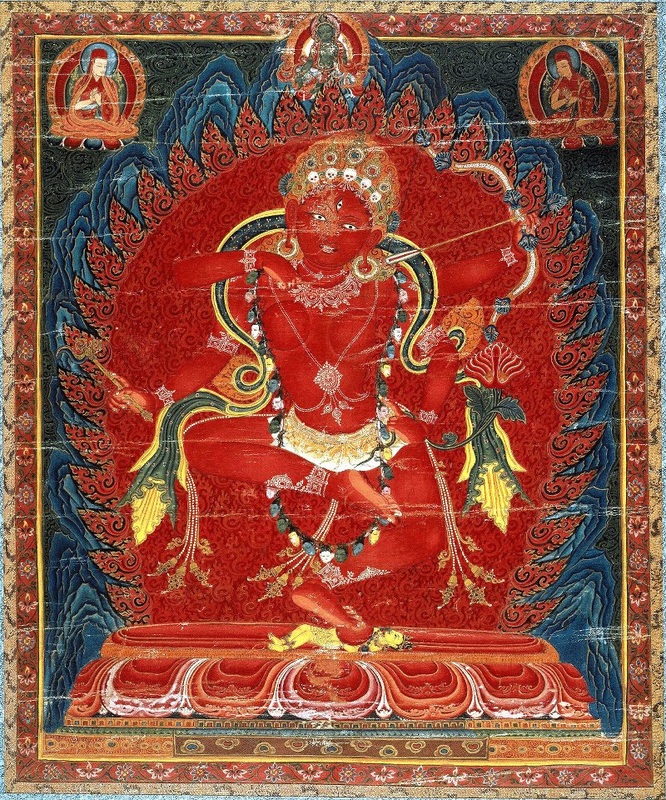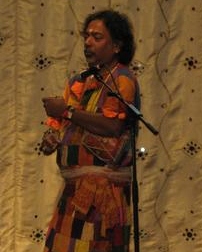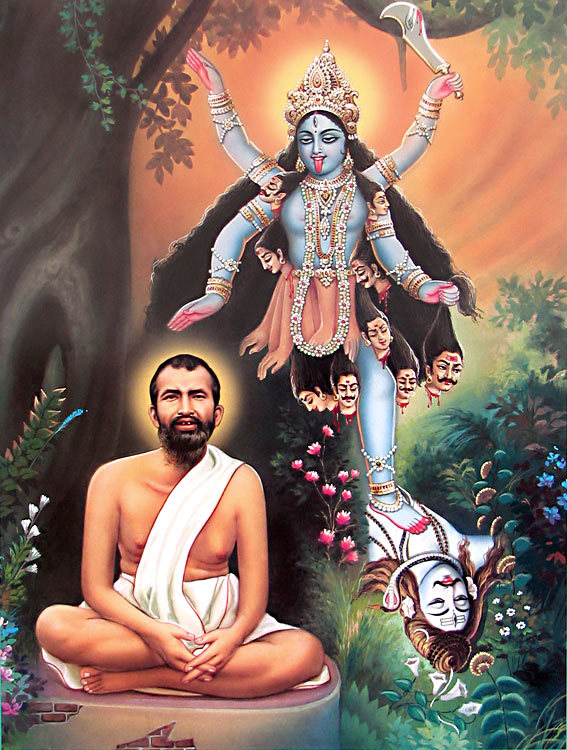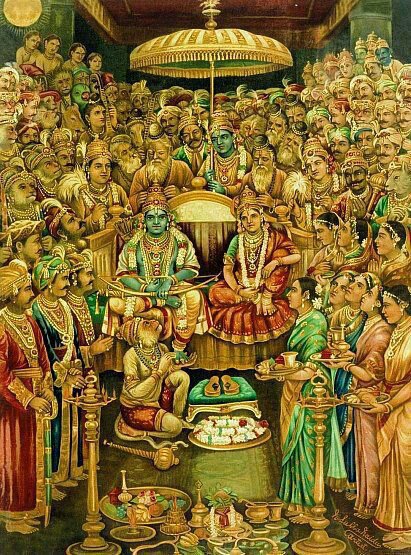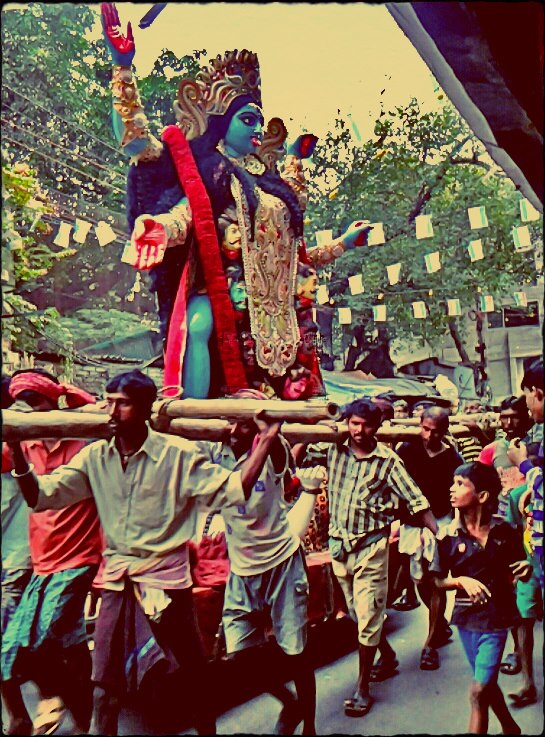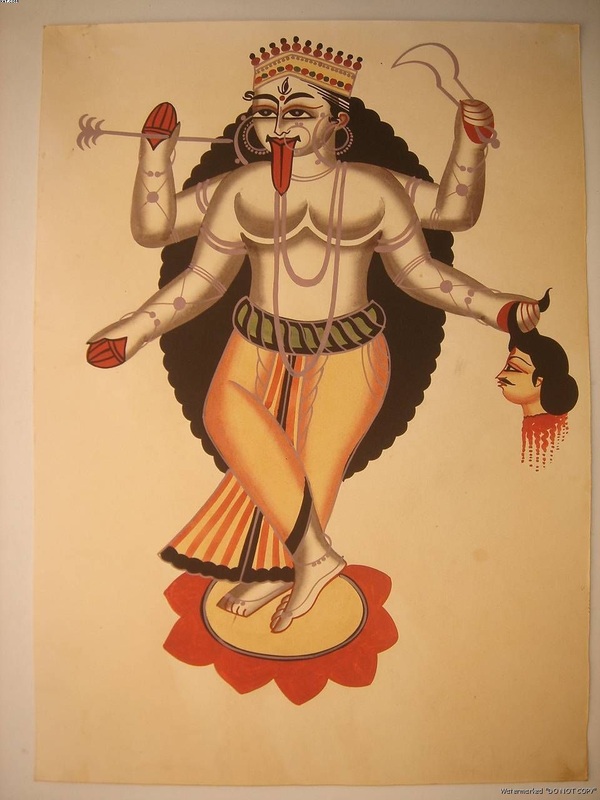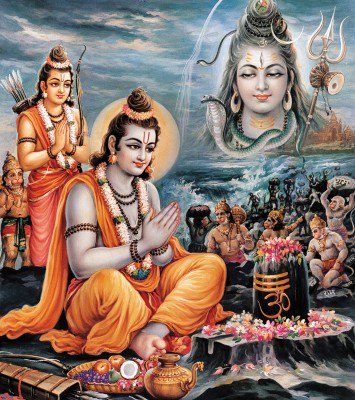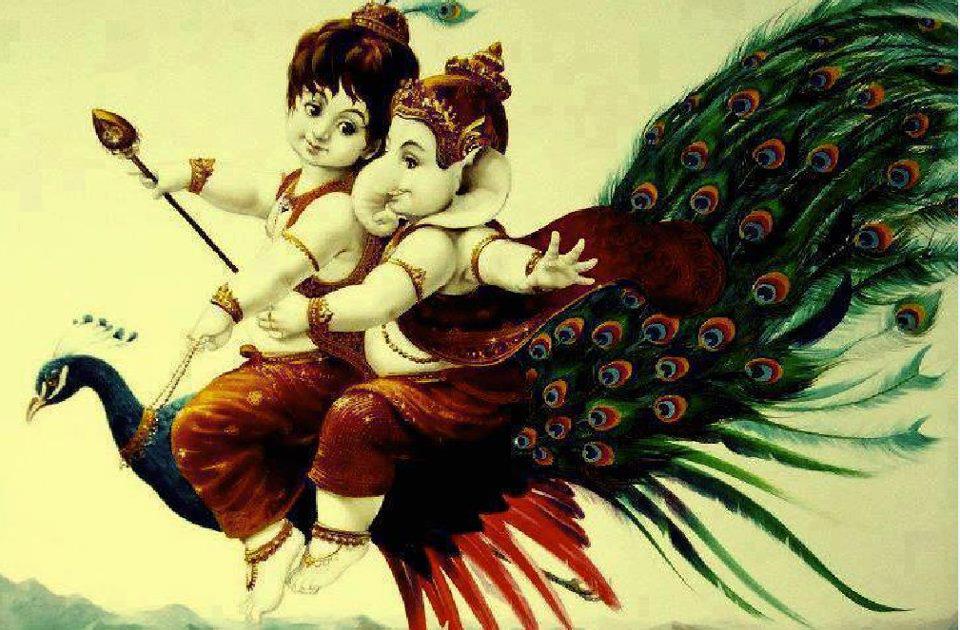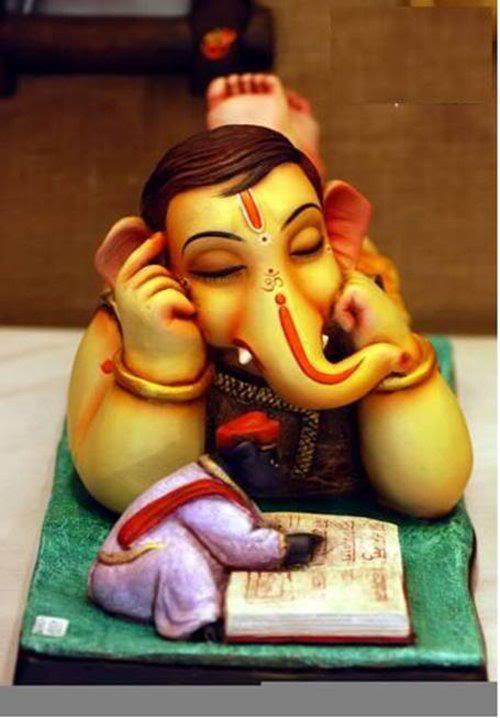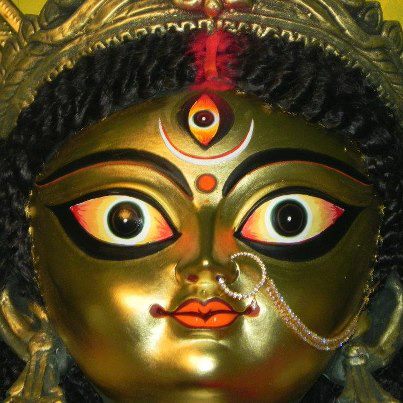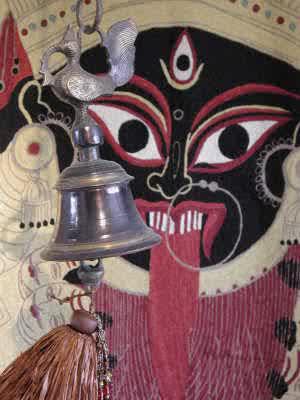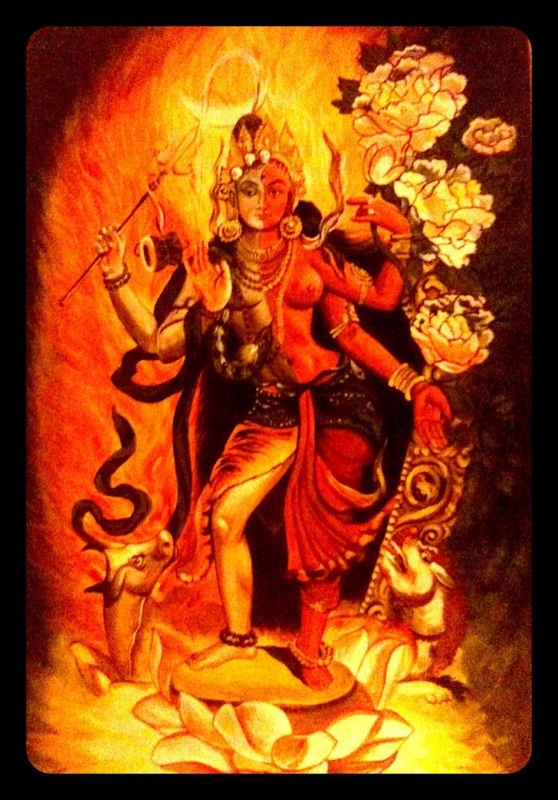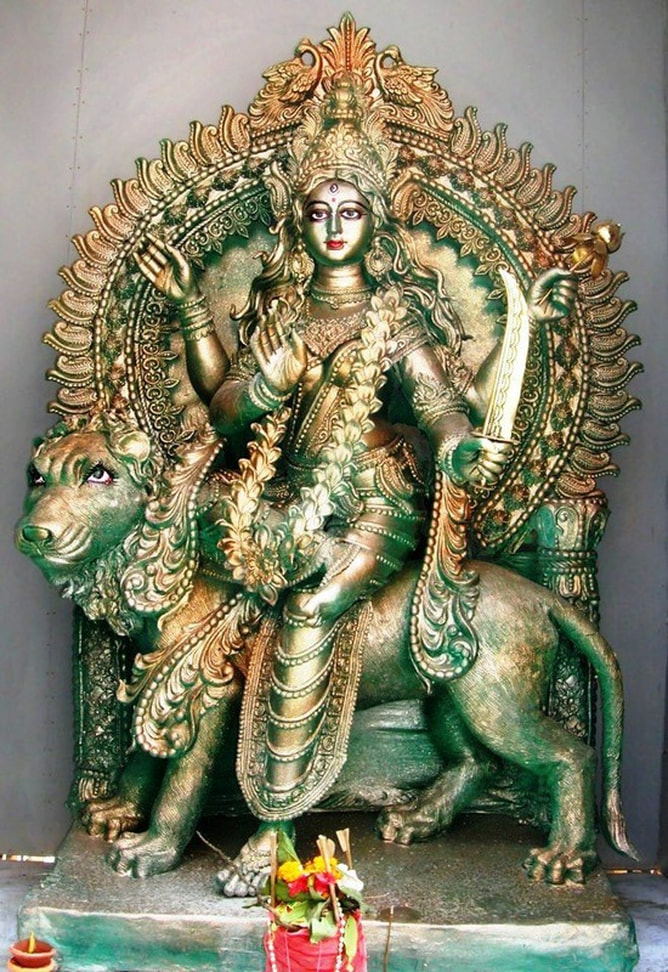
If one has trouble reconciling the English word ‘Absolute’ with Eastern notions of ‘Absolute Personality of Godhead’, then the sentiments are shared. Absolute is from the Latin ‘absolutum’, meaning ‘freed’ or ‘unloosed,’ and would appear to be the exact English parallel of the Sanskrit philosophical term moksha or mukti. This mystical term is spoken of as Nirvana in Buddhist writings.
In spiritual writings the term 'Absolute' has found innumerable interpretations: real, not dependent on anything else, not relative; Ultimate Reality, the unmanifest, unchanging and transcendent Parashiva - utterly non-relational to even the most subtle level of consciousness; the Self God, the essence of man's soul; same as Absolute Being and Absolute Reality; Parabrahman etc. This last interpretation or translation is of note.
Noting the wide range of interpretations, one is given to say that the term Parabrahman is often abused or misused, vis-a-vis, the term ‘Absolute’ in spiritual or theosophical writings. It may be a convenient word to use, but its usage violates, the very notion of and concept of ParaBrahman. Indeed Sir William Hamilton, apparently used the word absolute in the exactly correct sense in which theosophists should use it as meaning ‘finished’, ‘perfected,’ or ‘completed.’
Thus it could be conceded that the word Absolute may be suitable to what Hindu spiritual philosophy may mean of moksha or mukti. Now, one who has achieved this summit state, the jivanmukta, is all but a beginner also: the silent watcher who is an outstanding example of spiritual achievement, but he or she is hardly Parabrahman. So the common employment of the word falls flat in terms of Hindu etymology.
PARA BRAHMAN:
The common interpretation is ‘the Supreme Brahman; the Supreme Unknowable; the Divine. The Sanskrit word ‘Para’ means ‘beyond’ and Brahman is often written to mean Universal Self or Spirit. The Tamil or usual compound would be Paramathma or Paramatman. So Beyond Brahman is Para Brahman. The English word, humbly submitted, seems to limit the illimitable. In the Vedas and Upanishad the ‘beyond’ is defined to mean ‘That’ as in Thou Art That.
This again, to my mind, implies a That existing somewhere There, further implying duality, as the qualifying word ‘idam’ refers to a world of manifestations. One has the option of the Siddhanta term ‘Anmai’ meaning proximity or nearness implying Non-duality. The late Mahaperiyavaa used to put flowers on His own head implying Siddhantic non-duality.
Parabrahman and ‘Mulaprakriti’ are intimately connected. The compound is ‘mula’ meaning root and prakriti means nature; root-nature. Mulaprakriti is therefore the cosmic veil of Para Brahman, the first or unmanifest, the undifferentiated primordial substance. Thus ParaBrahman literally would mean ‘beyond Brahman.’ Parabrahman is no entity, is no individual or individualized being. And for want of a convenient technical word, ‘Absolute’ is used to imply or mean whatever is beyond the Absolute or Brahman of any hierarchy.
LORD KRISHNA:
Gita translations use the word ‘absolute’ generously. Lord Krishna is described as the Absolute Personality of Godhead. In Gita 11.8 the Lord states “O Arjuna you cannot see Me with these eyes of yours; I give you divine sight; behold My Supreme Yoga”. Then the Lord showed His Svaroopam, ‘shapeless shape’. Did Arjuna ‘see’ the ‘absolute’? He describes the vision in Verse 11.18: “You are the Imperishable, the Supreme Being to be realized. You are the great treasure-house of this universe; You are the imperishable Guardian of the Eternal Dharma. You are the ancient Purusha, I deem.”
It is to be noted that Sri Krishna’s descriptions of Lord Krishna in Verses 11-34 does not imply any usage of the English concept of absolute but as a realization of the Immanent Iswara. It goes without saying that the attributeless so called ‘absolute’ can only known through the world of attributes.
NAVARATHRI:
Let us take this to seasons celebrations. Navaratri is rich in meaning. At one level, Navaratri signifies the progress of a spiritual aspirant. During this spiritual journey, the aspirant has to pass three stages personified by Durga, Lakshmi and Saraswati. Then, he or she enters into the realm of the infinite, wherein one realises one's Self.
‘Nava’ meaning nine and ‘ratri’ meaning nights, Navarathri dedicates three days each to worshipping the Divine in the forms of Durga, Lakshmi and Saraswati. The tenth day, though, is the most important; it is known as Vijayadashami, the 'tenth day of victory.' Do we get to see the ‘absolute’ let alone realize Mother Goddess?
Lord Shiva, symbolises Pure Consciousness. The Lord is ParaShiva, beyond Brahman. Lord Shiva can only be known, felt and realized, through Mother Shakti representing Divine Energy. The Lord’s spiritual energy is that of Para Brahman. That is beyond comprehension. That is one reason why bhaktas worship Mother Shakti in Her various manifestations. Here again worshipping of Durga, Lakshmi and Saraswati lies rooted in the philosophy that the attributeless ‘absolute,’ to use the English word again, can only be known through the world of attributes—the journey is from the known to the unknown. This has been facilitated by the Saguna worship of the Nirguna ParaBrahman.
While not conceding to the English term ‘absolute’ is definitive of the Hindu concept of ParaBrahman, perhaps we could accommodate it as term of convenience only? If the Srimati Radha is the expansion of Sri Krishna, what would that make her, a sub-absolute and the same can be asked of Shiva Pariwars also. Perhaps someone could impose to state that transliteration is preferable. It would not be surprising if Mother Parvati gets called Mrs Shiva instead of being a divine consort! Vedanta, in the English medium, as observed seems to be under the fingers of English terminology and verbosity paving the way for new notions and concepts getting blended with European theological concepts. Brahman has become, from Spirit to Holy Spirit, but thanks for the interest in Sanathana Dharma. Of course, this is a personal to holder opinion, with anyone free with their frolic. That has been the greatness of Hinduism.
Truth is self-found irrespective of linguistic barriers. Those who muscle and tussle with healthy mental or intellectual debates of this Truth finding, are indeed on their way to God-realization and Self-realisation. Every thinking man perceives intuitively of a Truth in his or her heart. Let that be Love of and for Christ, Krishna or Shiva. Mother Saraswati would be there for you, believe me, to overcome these conceptual infantile language disorders or barriers. All infants grow up to stand on their own feet, you see. Please endure the challenge with pleasure and spiritual zeal. The windmills of Lord Shiva and Mother Durga may grind slowly; but surely. May one and all be blessed by Mother Durga.
Hara Hara Mahadeva.
Yogi Ananda Saraswathi
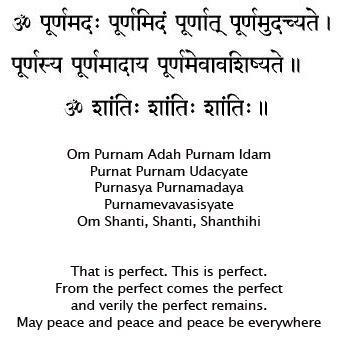
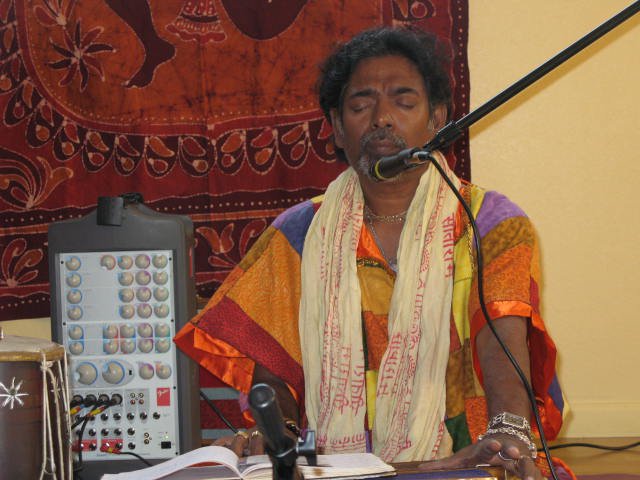
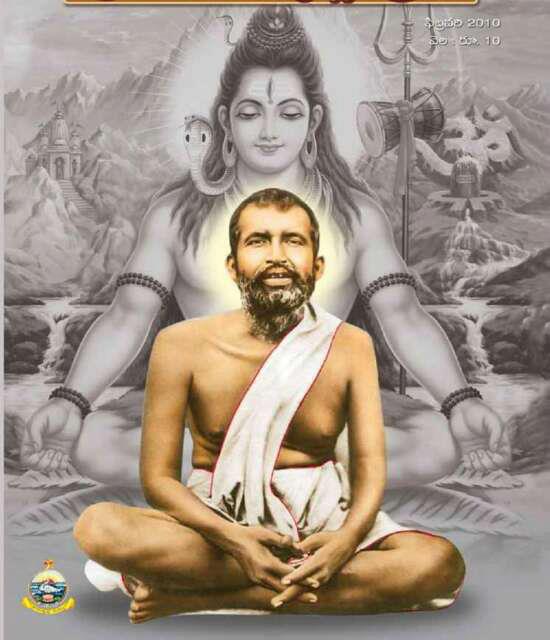

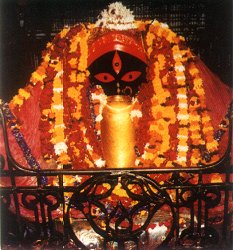
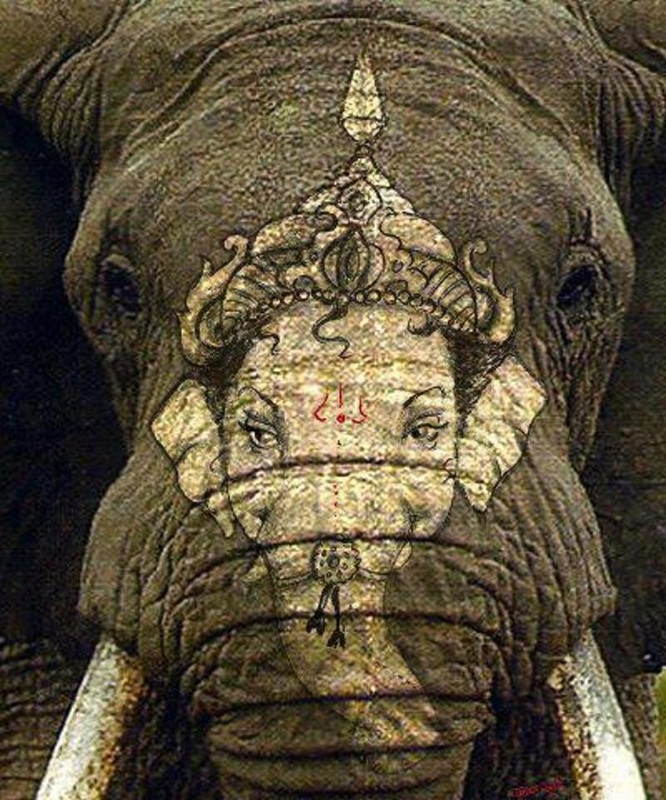
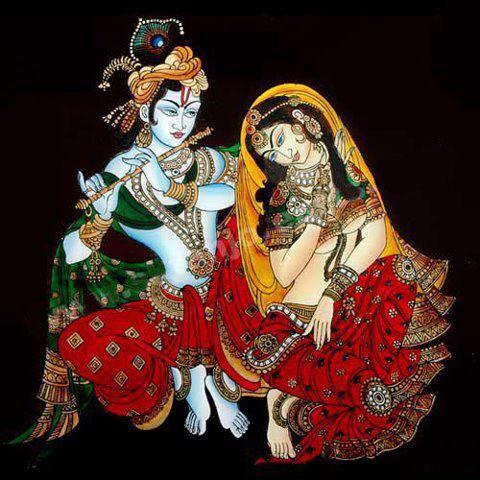
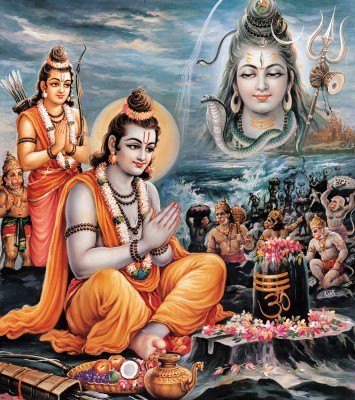
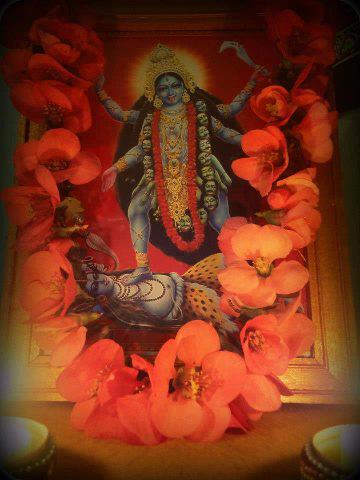
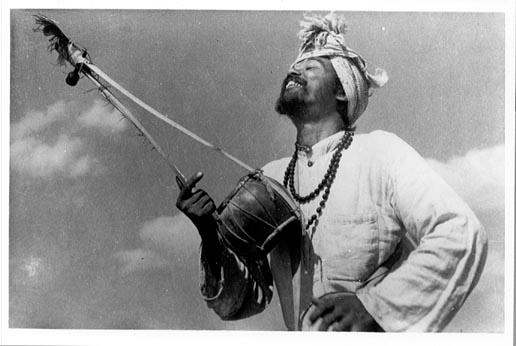
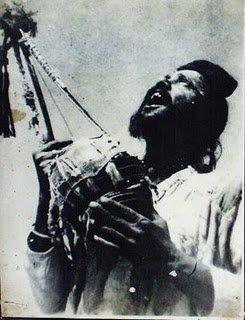
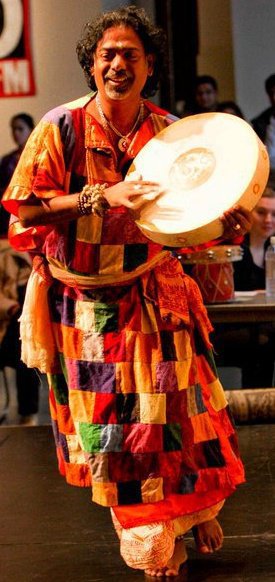
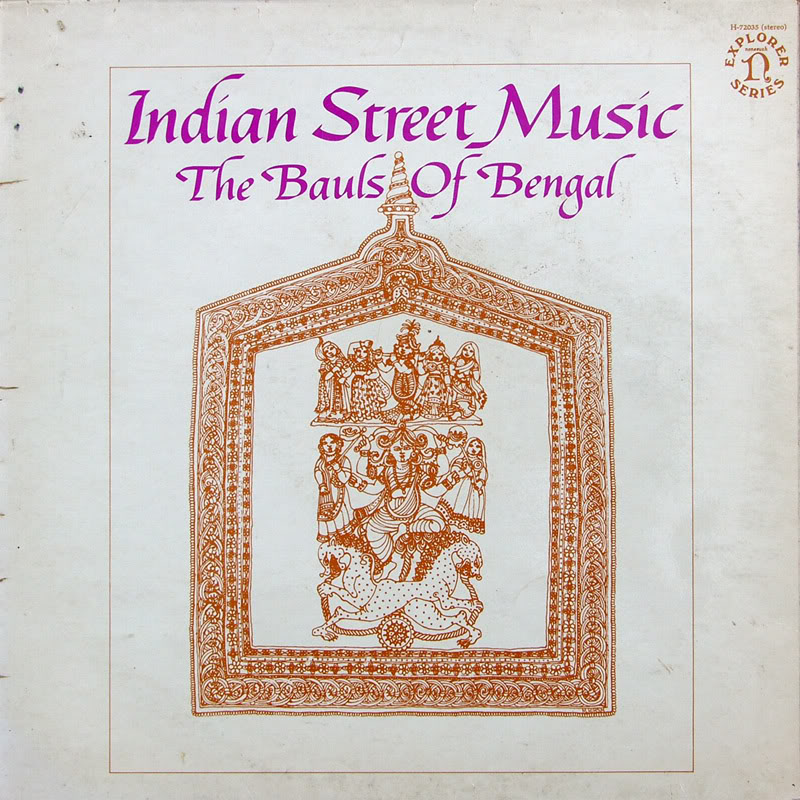
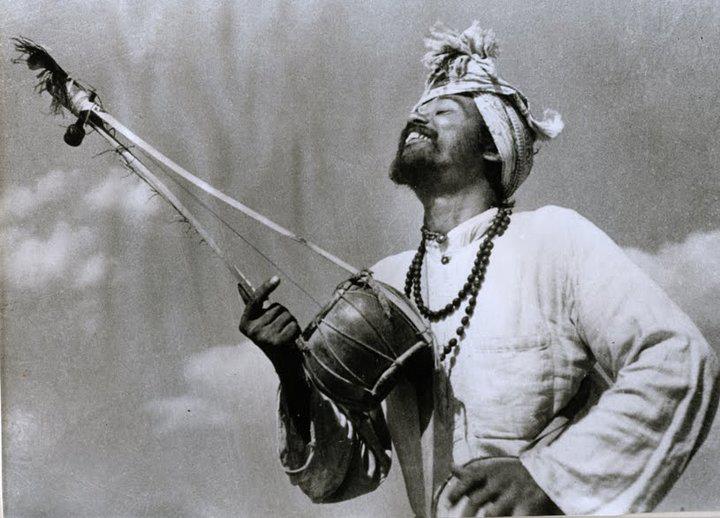

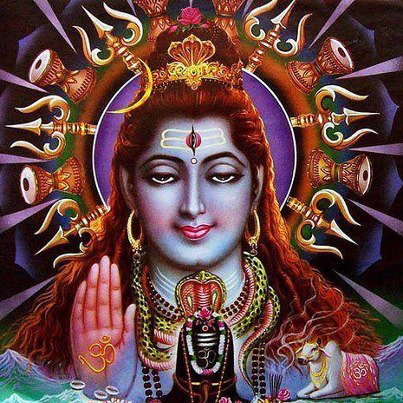
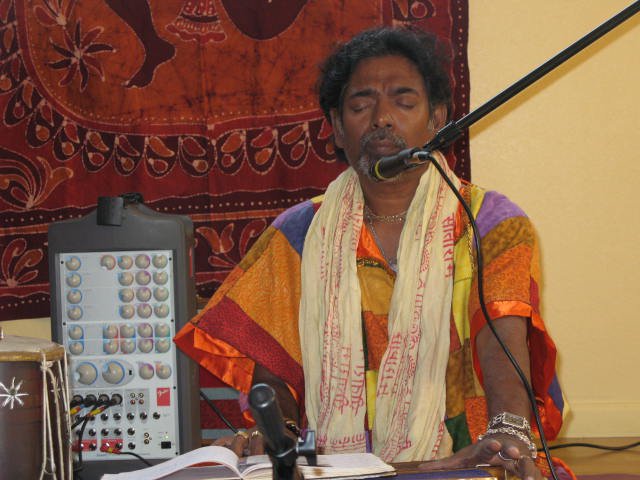
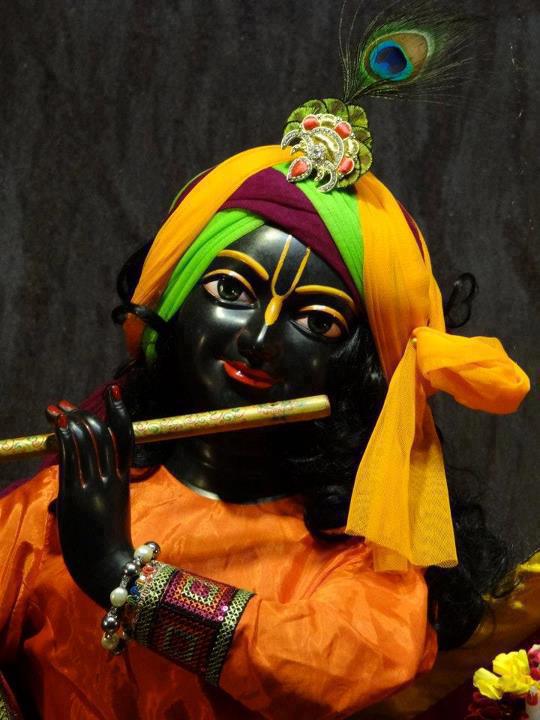
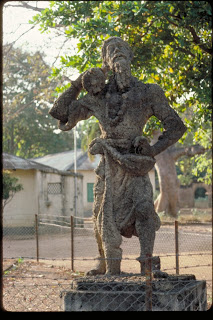
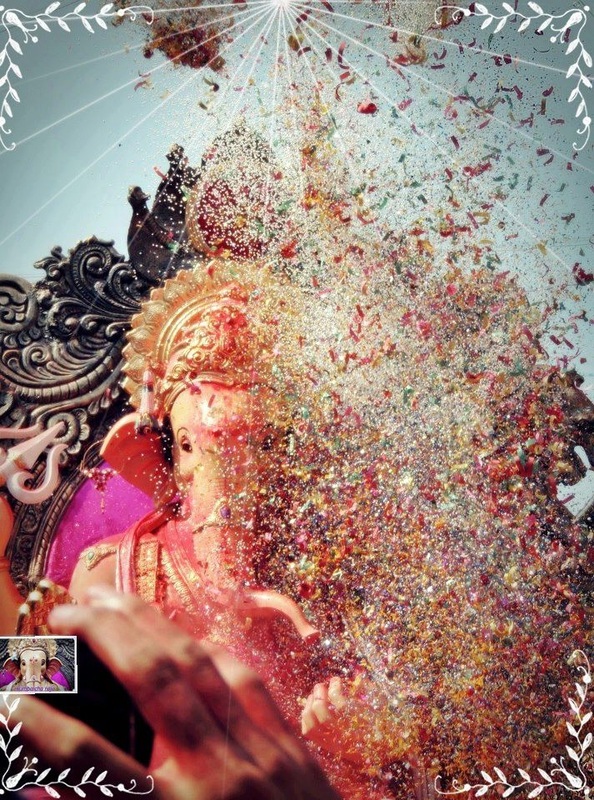
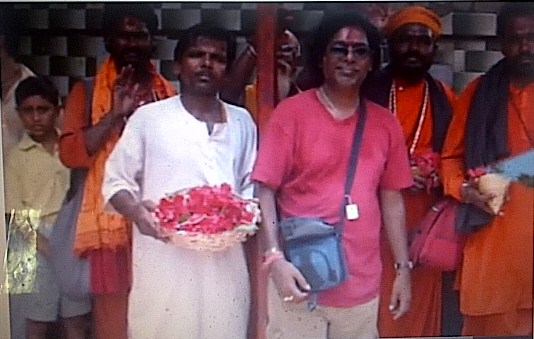
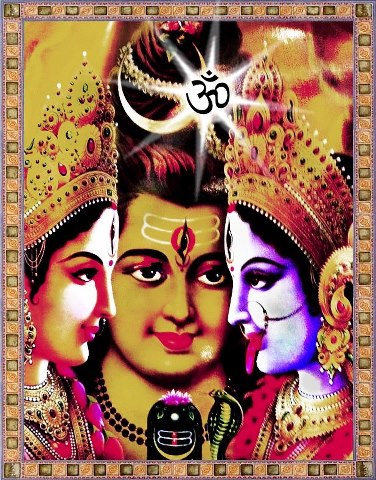
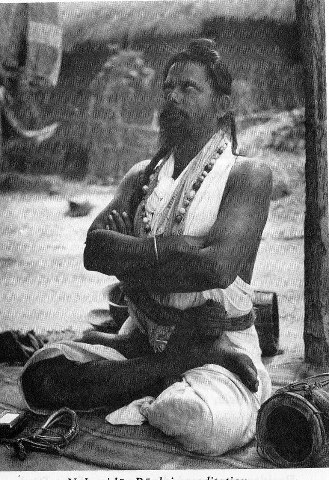
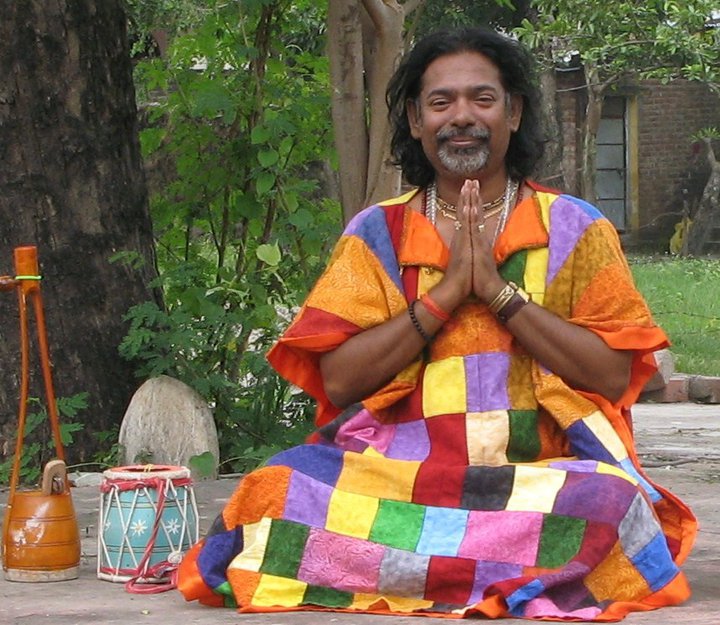
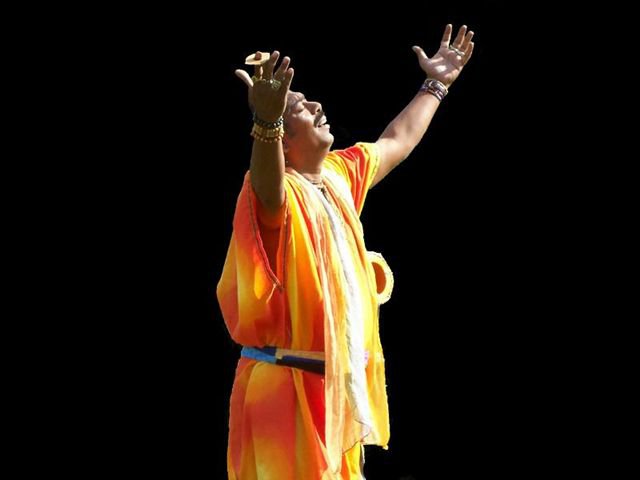
 RSS Feed
RSS Feed
